Vegan and Eco-friendly, we choose them carefully !
We choose our fabrics according to three requirements
1. They must be eco-friendly and, if possible, ethical too.
2. They must be technical (multi-purpose for everyday life and adventures).
3. They must be high quality, easy-care and comfortable
That’s why we work with ethical manufacturers (Fair Trade certified), providing high quality garments and only ecological fabrics (GOTS and/or Oeko-Tex certified).
We also want to have multi-purpose clothing so that we can buy less and take better care of the planet health. That’s why our clothes are also technical.
ORGANIC COTTON
Why Organic Cotton ?
Because of pesticides, cheap prices, water consumption and force of habit, the cotton industry is one of the most polluting in the world. Soils are devastated by intensive farming and it takes years to come back to a normal state when a land has been contaminated by chemicals…
But there is a simple alternative: the organic one !
Even if it’s not perfect, organic cotton is by far better than normal cotton, just considering the chemical pollution due to pesticides and other garment treatments..
Val Sauvage Clothing uses only GOTS and/or OEKO-TEX certified organic cotton, cultivated without pesticides, GMOs nor chemical fertilizer.
Organic cotton allows us to be more respectful of our skin and to drastically reduce our pollution impact on the environment.
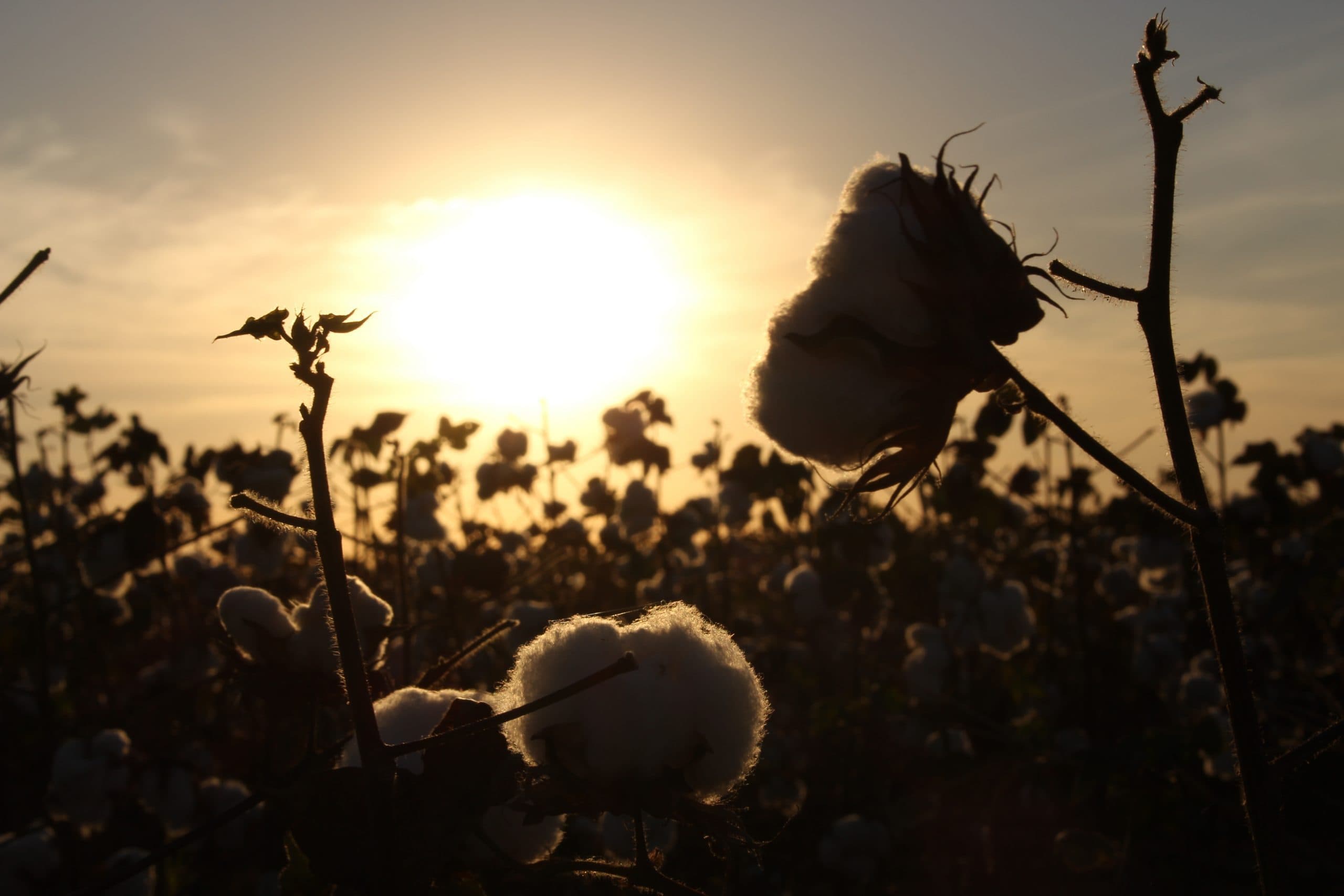
Val Sauvage Clothing uses only GOTS and / or OEKO-TEX certified Organic Cotton !
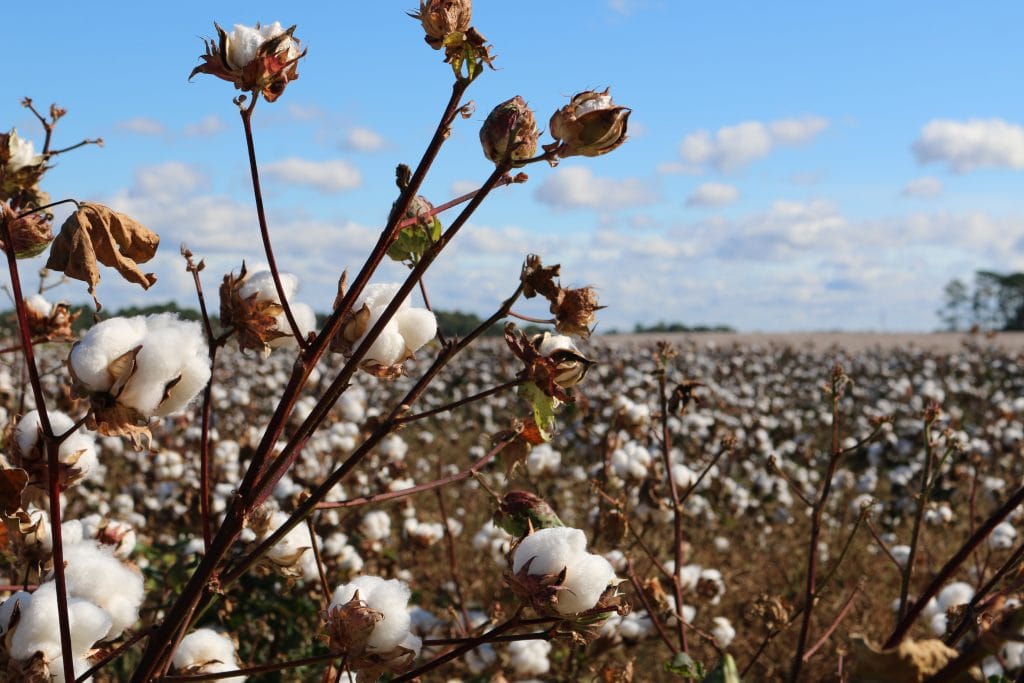
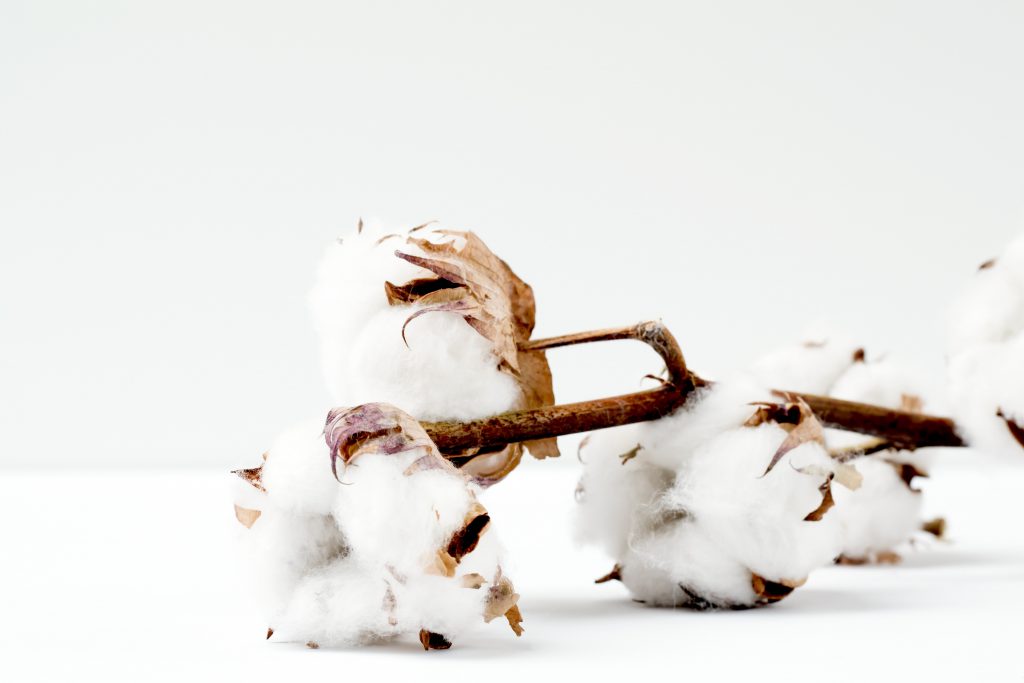
The Organic Cotton qualities
- for everyday life
- very comfy, softer than non-organic cotton
- durable and easy-care
- inexpensive
- can be easily recycled
- biodegradable
- when wet, refreshing under hot and dry climates, thanks to its absorbant capacities
Ideal activities : Walk, everyday life
Advised climates : Temperate, warm and dry
TENCEL / LYOCELL / MODAL
An ecological fabric
Tencel, Lyocell and Modal follow the same way of manufacturing.
They are cellulose fibers, similar to Viscose, but more ecological.
Tencel and Lyocell (which are the same but produced by different firms) come from sustainable eucalyptus forests, which don’t require water nor pesticides to grow. They are also OEKO-TEX certified.
Modal for its part comes from beechwood, which is also eco-responsible, providing that it comes from durably managed farming forests.
These fabrics have the distinctive characteristic to be transformed thanks to a non-toxic solvent, recycled at 99% in closed circuit!
Besides that, they have a lot of qualities over the organic cotton fabrics.
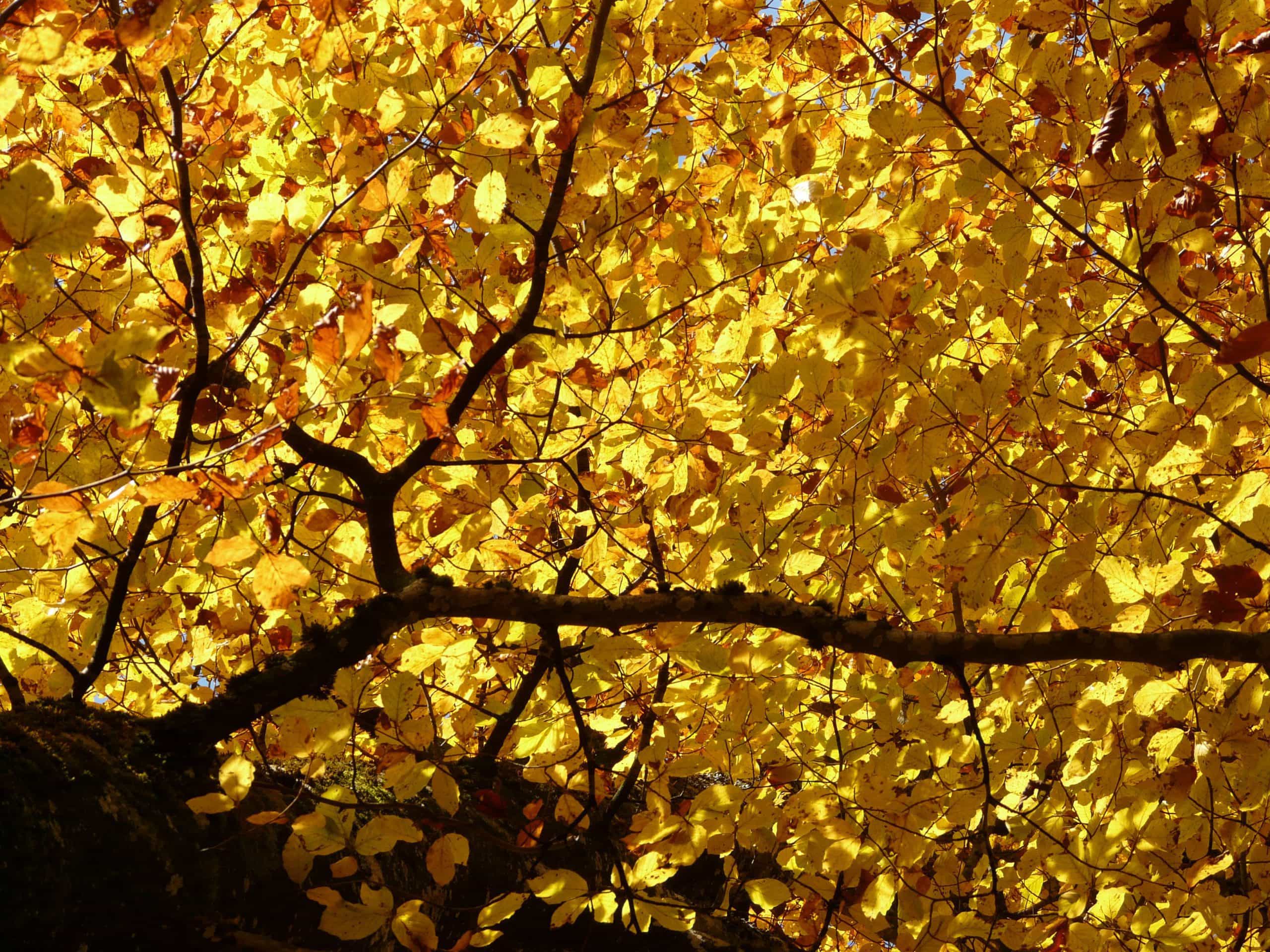
Val Sauvage Clothing uses only GOTS and / or OEKO-TEX certified Organic Cotton !

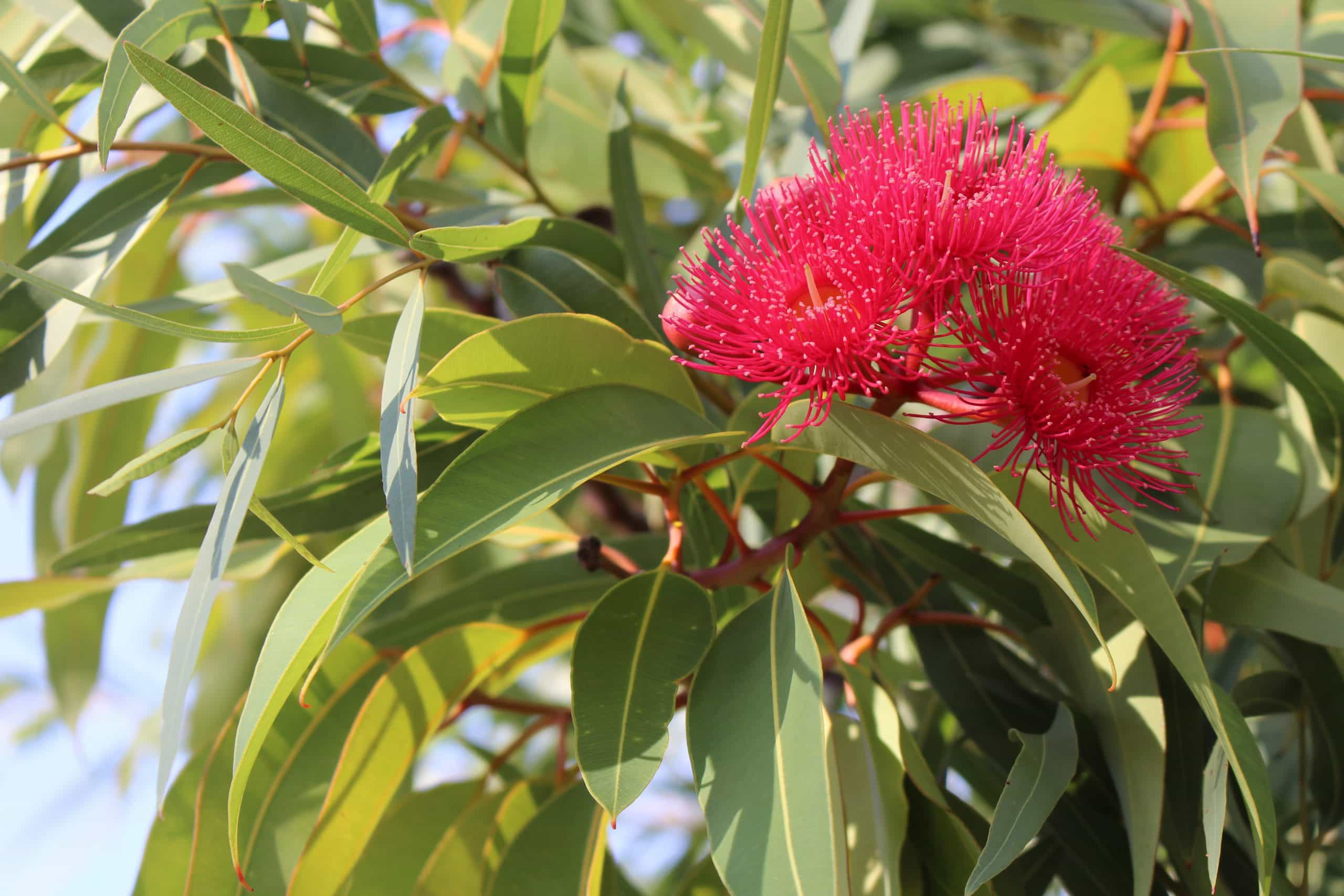
The Tencel / Lyocell / Modal qualities
- softer than cotton
- more breathable than cotton
- anti-bacterial
- very durable even wet
- – absorbs humidity
- dries quicker than cotton
- doesn’t crease
- biodegradable
Ideal activities:
Hike, sport, trips
Advised climates:
Humid, hot or cold
HEMP
A very versatile one
Hemp, like organic cotton, doesn’t need any chemical transformation.
However, it’s more ecological, because its water consumption during the manufaturing is significantly lower.
Like our other fabrics, hemp is cultivated without pesticides, GMOs nor chemical fertilizer. This is one of the most environmentally friendly material available on the market !
Natural, technical, ecological and comfy, this fabric has nearly no flaws.
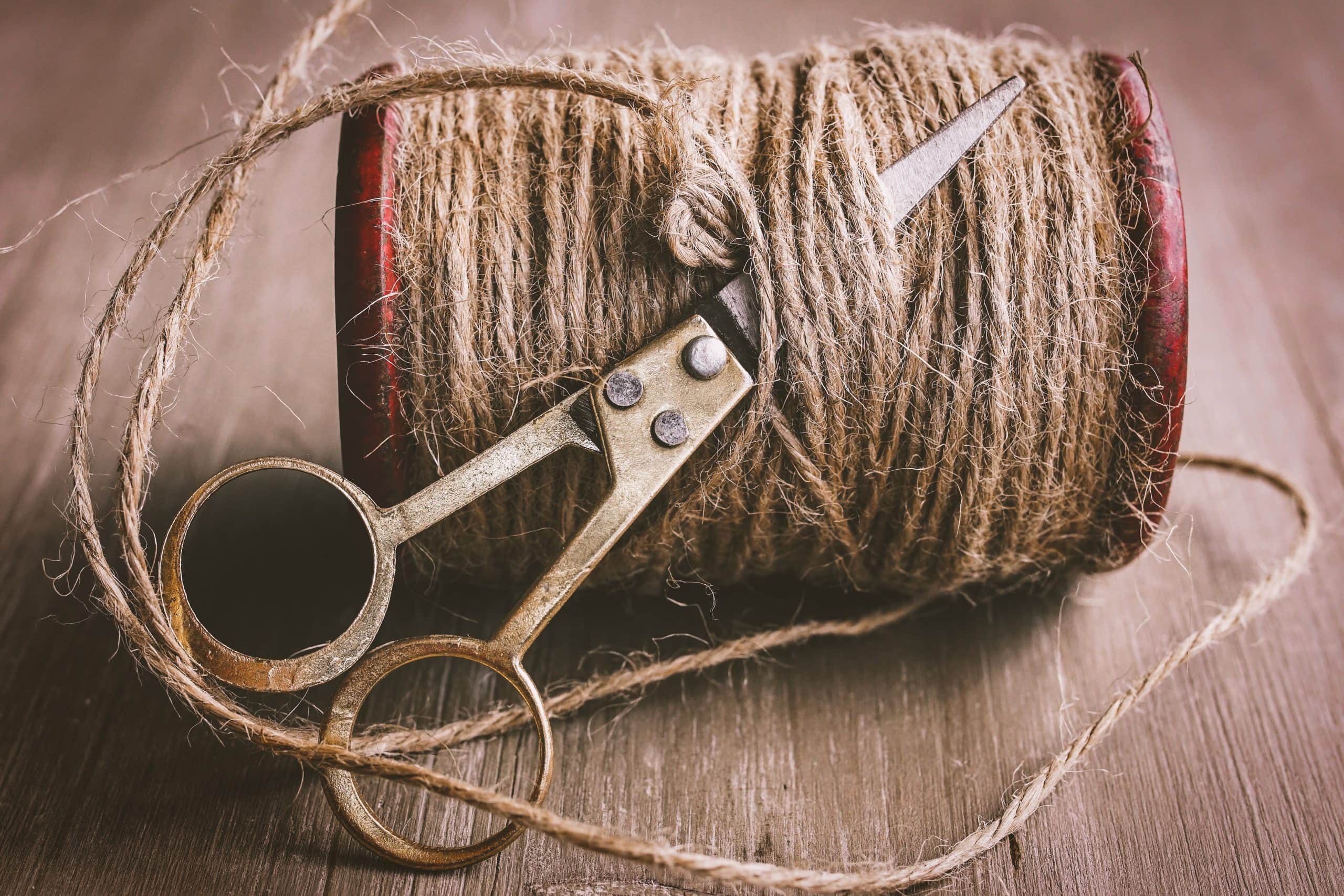
Val Sauvage Clothing uses only GOTS and / or OEKO-TEX certified Organic Cotton !
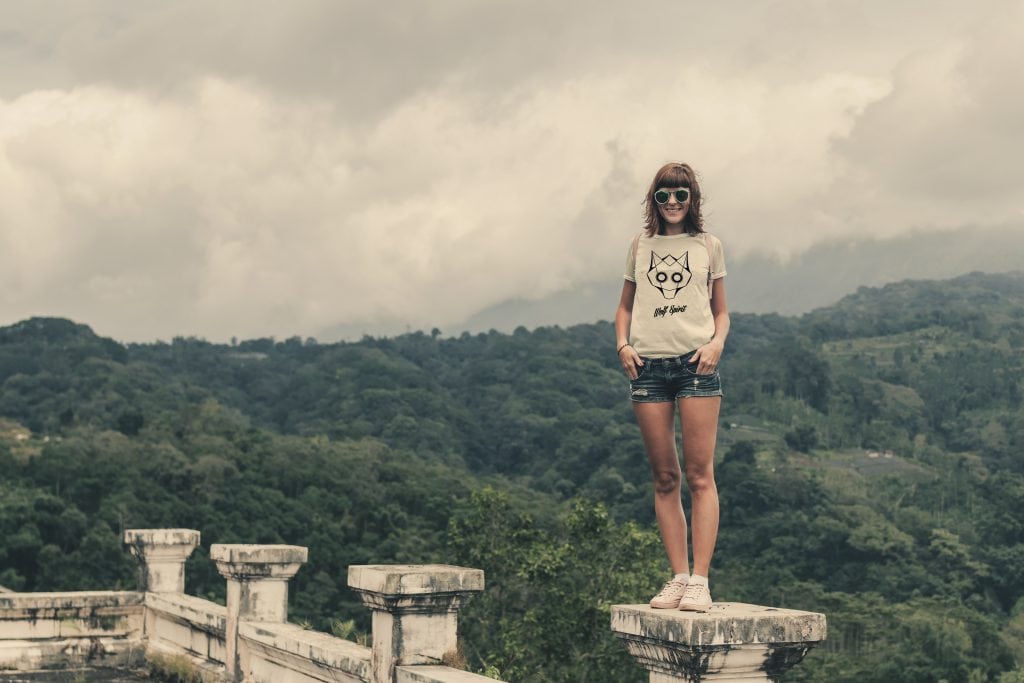
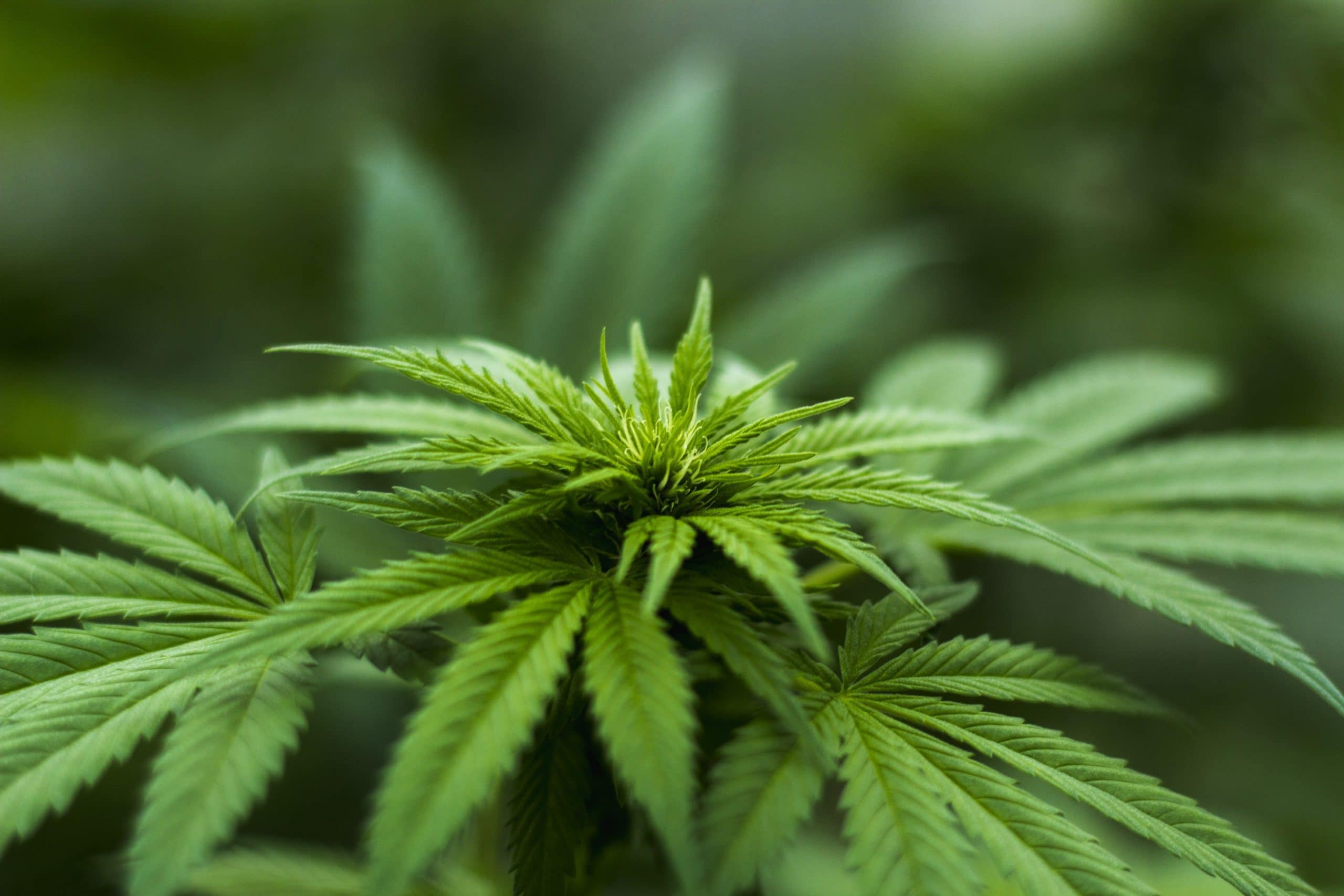
The Hemp qualities
- very durable
- gets softer and softer with time
- very absorbant
- thermo-regulating
- anti-bacterial
- anti-fungal
- anti-UV
- anti-static
- biodegradable
Ideal activities:
Hike, sport, long and short trips
Advised climates:
Temperate, humid or dry, hot or cold
Print & Sustainability
We work with Kornit, one of the best eco-friendly company on the market
Without Water
The first risk with textile printing is water pollution. The company we work with is one if the most eco-friendly one, because they don’t use any water in their numerical printing process !
No pre-treatment, no vaporizing and no washing reauired : 100% water free !
NeoPigment Inks
The NeoPigment™ inks are totally free from heavy metals, formaldehydes and APE (ethoxylates of alkylphenol). They are non-toxic, safe and 100% biodegradable.
Learn more at https://www.kornit.com/sustainability